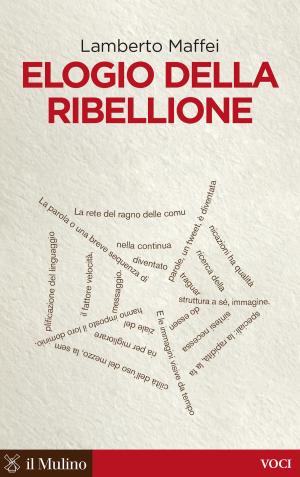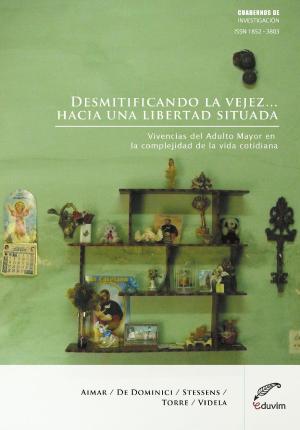The Profe Files: Social Psychological Perspectives On Power, Pluralism, And Chicano Identity
Nonfiction, Health & Well Being, Psychology| Author: | Albert Ramirez | ISBN: | 9781301582136 |
| Publisher: | Albert Ramirez | Publication: | July 19, 2013 |
| Imprint: | Smashwords Edition | Language: | English |
| Author: | Albert Ramirez |
| ISBN: | 9781301582136 |
| Publisher: | Albert Ramirez |
| Publication: | July 19, 2013 |
| Imprint: | Smashwords Edition |
| Language: | English |
"The Profe Files: Social Psychological Perspectives on Power, Pluralism, and Chicano Identity" is a dialogue between two persons, Henry and Profe. Henry is a fictional character, a composite of college students that I have known over the years; a young person with many questions, searching for the answers in a multitude of ways. Profe, to some degree, is also a fictional character, but only to the extent that there is no faculty person at the University of Colorado whom everyone calls “Profe.” However, his stories, his published articles that he gives Henry to read, his personal essays - all contained in his filing cabinet that contains “the Profe files” - are that of the present writer. Some of the characters that Profe refers to in these files are real, others are fictional, but representative of students, faculty, and administrators whom I have known over the years.
In this book, Profe utilizes the experiences of the Chicano students and faculty at the University of Colorado to demonstrate the impact that these experiences had on his own professional development. As a result of these experiences, and as a social psychologist, Profe begins to explore the issues of power and pluralism -- issues that were so critical in the rise of the Chicano Student Movement on his campus. Ultimately, he develops the monolithic-pluralistic systems model that serves as the paradigm and theoretical basis for many of the issues discussed in this book. This systems’ model also serves as a framework for analyzing cultural identity. The personal narratives, however, provide the experiential basis for analyzing cultural identity. The result of this analysis is the discovery> transformation model of cultural identity. Combined, the monolithic-pluralistic systems’ model and the discovery>transformation model constitute the groundwork for the emergence of a pluralistic psychology.
"The Profe Files: Social Psychological Perspectives on Power, Pluralism, and Chicano Identity" is a dialogue between two persons, Henry and Profe. Henry is a fictional character, a composite of college students that I have known over the years; a young person with many questions, searching for the answers in a multitude of ways. Profe, to some degree, is also a fictional character, but only to the extent that there is no faculty person at the University of Colorado whom everyone calls “Profe.” However, his stories, his published articles that he gives Henry to read, his personal essays - all contained in his filing cabinet that contains “the Profe files” - are that of the present writer. Some of the characters that Profe refers to in these files are real, others are fictional, but representative of students, faculty, and administrators whom I have known over the years.
In this book, Profe utilizes the experiences of the Chicano students and faculty at the University of Colorado to demonstrate the impact that these experiences had on his own professional development. As a result of these experiences, and as a social psychologist, Profe begins to explore the issues of power and pluralism -- issues that were so critical in the rise of the Chicano Student Movement on his campus. Ultimately, he develops the monolithic-pluralistic systems model that serves as the paradigm and theoretical basis for many of the issues discussed in this book. This systems’ model also serves as a framework for analyzing cultural identity. The personal narratives, however, provide the experiential basis for analyzing cultural identity. The result of this analysis is the discovery> transformation model of cultural identity. Combined, the monolithic-pluralistic systems’ model and the discovery>transformation model constitute the groundwork for the emergence of a pluralistic psychology.















